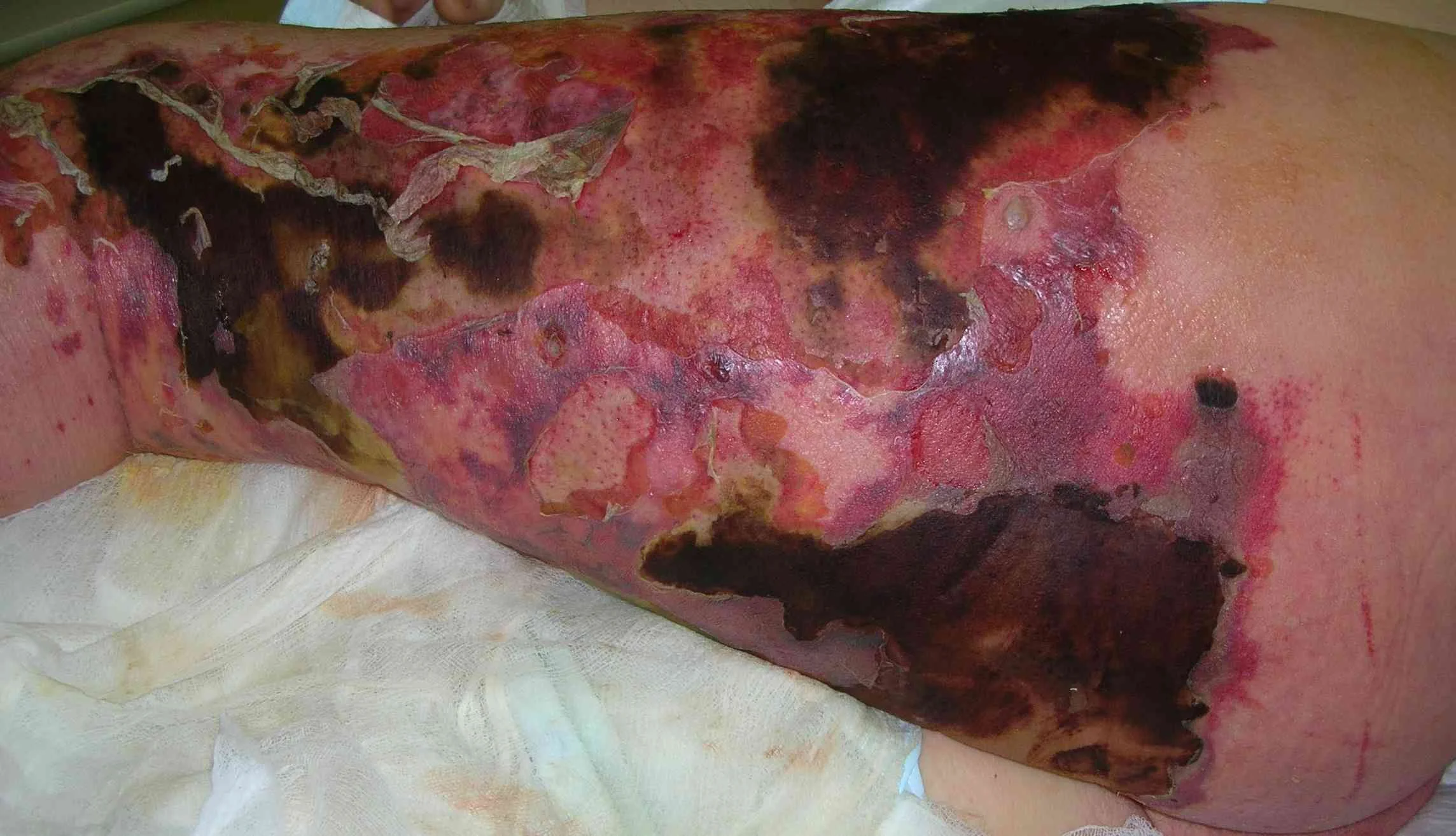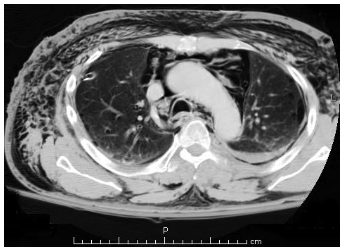Bug Juice Potpourri
/In this month's Journal Club, we covered several articles that looked at the use of antibiotics in the Emergency Department. Does adding Trimethoprim-Sulfamethoxazole to Cephalexin increase the rates of clinical cure in uncomplicated cellulitis? For patients receiving Vancomycin in the ED, how many are appropriately dosed and how many receive a sufficient number of doses to hopefully limit the emergence of resistant bacteria? Are patients receiving Vancomycin and Piperacillin-Tazobactam really at increased risk of acute kidney injury?
Read More















